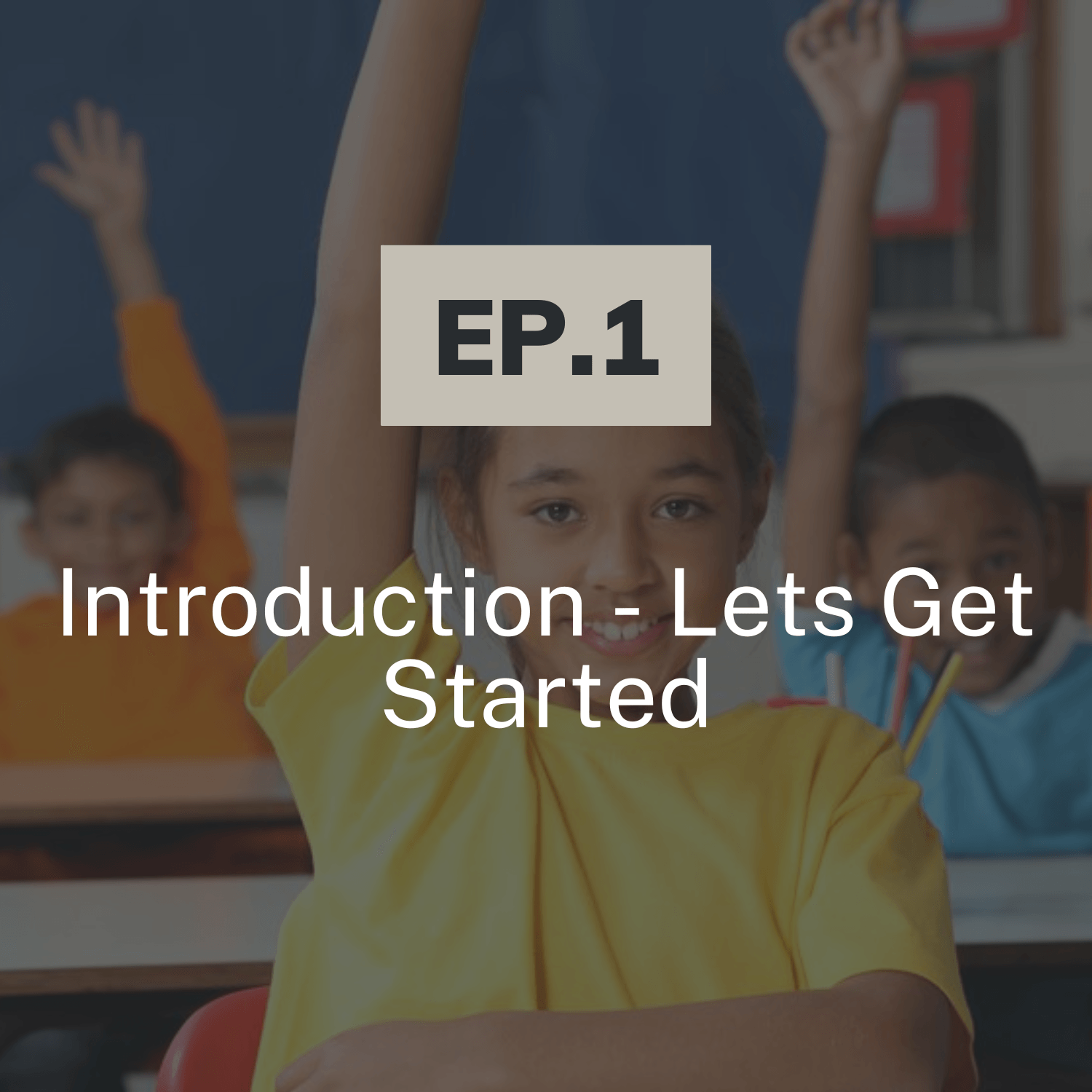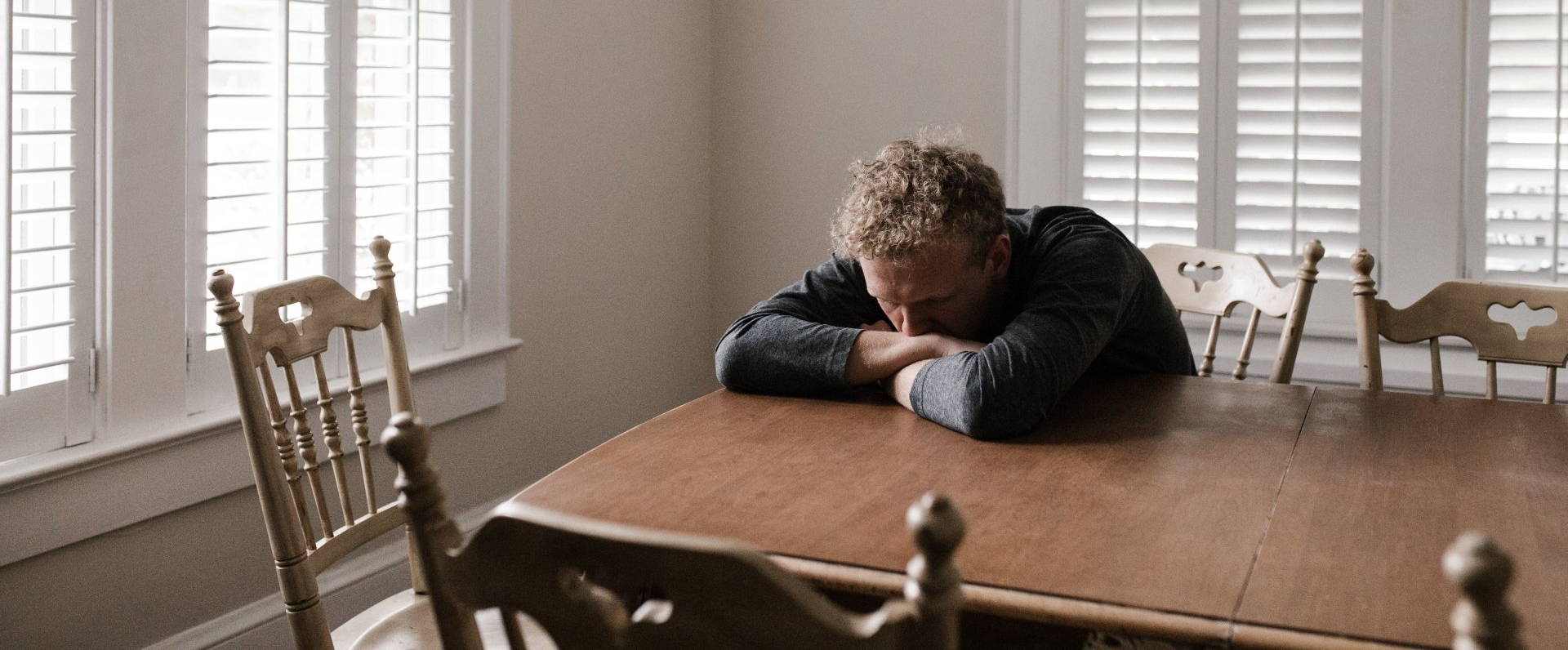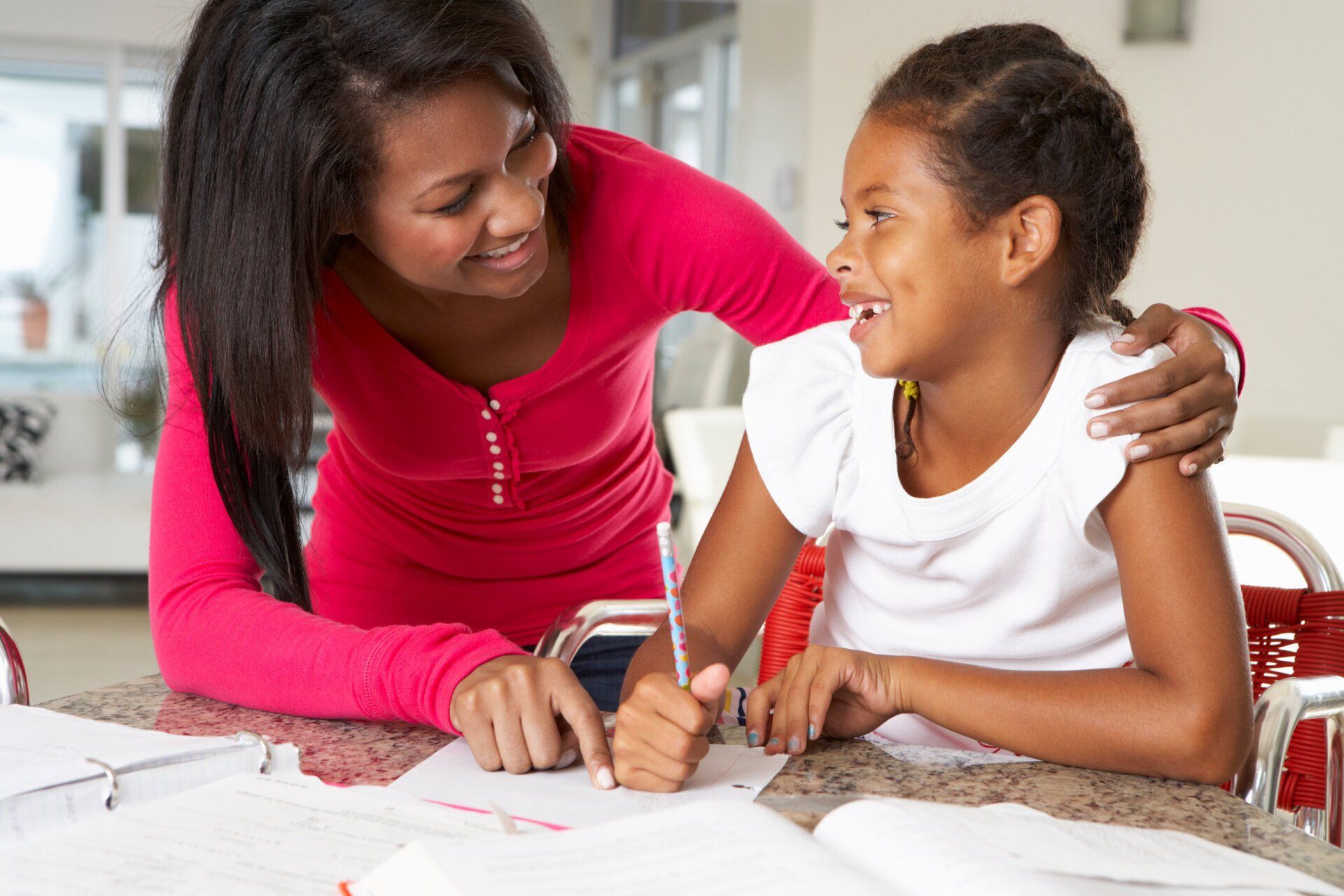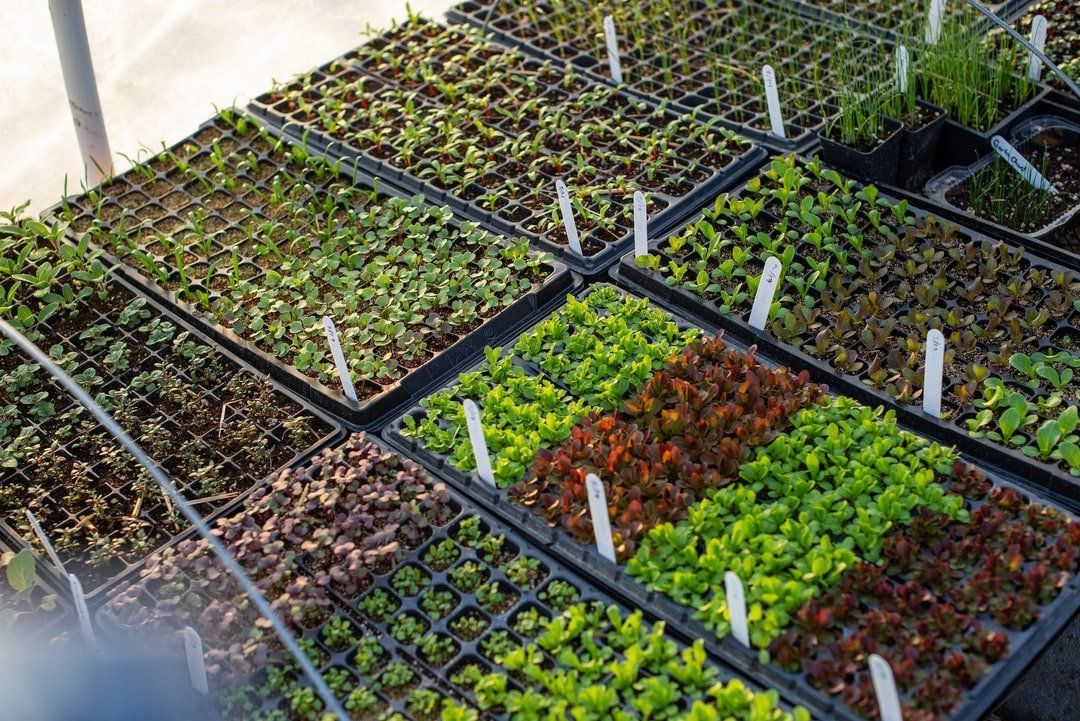The more you pay attention to your child the more they will learn.
You can learn almost everything you need to know about your children by paying close attention to them. It's not easy, especially in today's rush-rush world. Not many of us can take life at a leisurely pace, and I know I'm not the only parent who's made multitasking a lifestyle. I read in the bathtub. I talk on the phone while cooking or gardening. I'm writing this at home while eating Thai noodles with basil and chicken.
Multitasking is not always appropriate. Children require focused attention. No, not every moment, but much of the time. If you don't really know your child, how will you understand what's wrong when things go wrong? How will you pick up the clues when your child is struggling in school? How will you understand how to make learning work best for your child?
It is theoretically a good idea… Use your multitasking to free up time to spend with your kids.
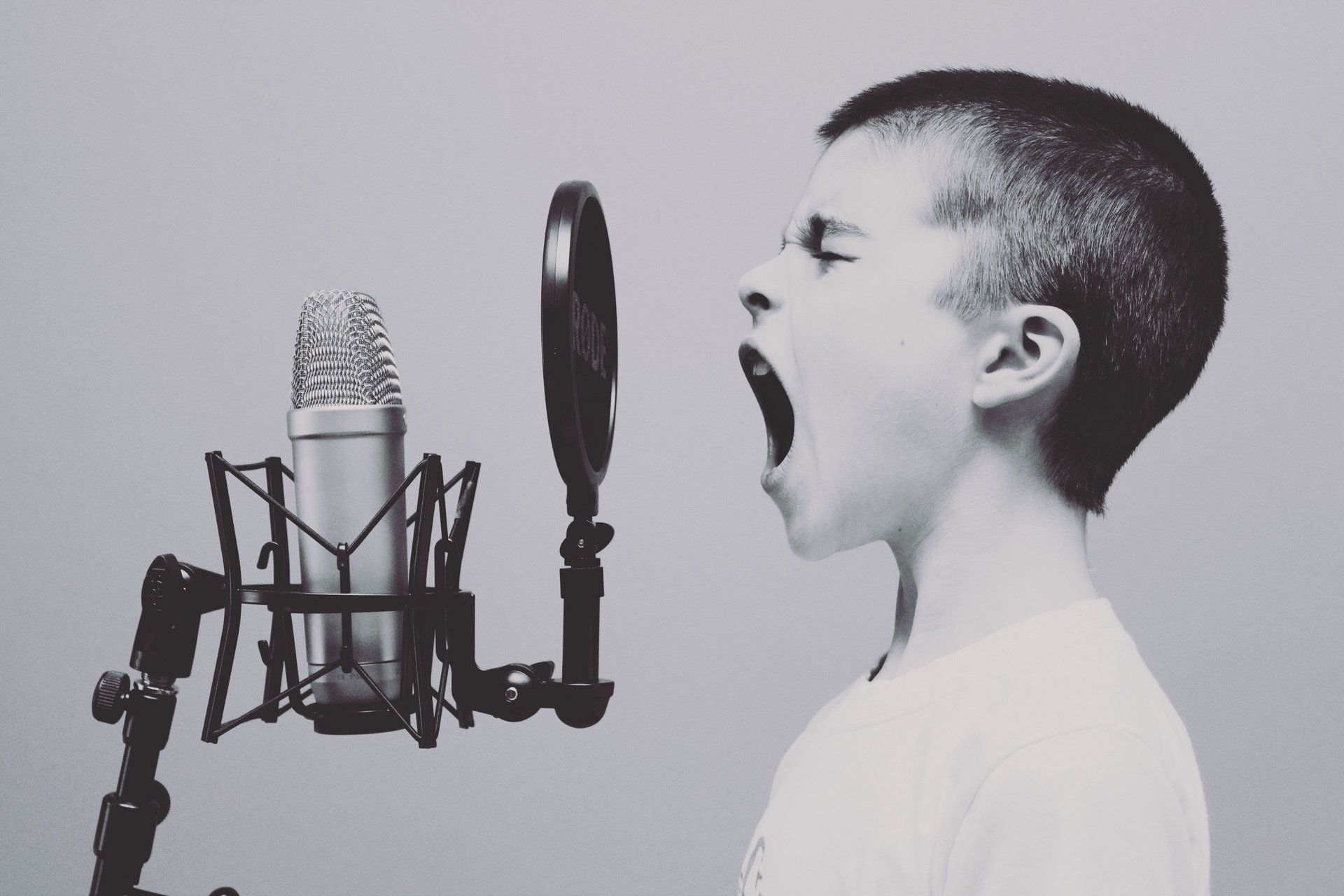
Focus
Parenting requires time. Building effective, positive learning habits requires paying attention to what is working and what is weak in your child's learning habits. Invest the time upfront, it will be worth it. Smiles, confidence, and a more open future are worth the time.
Big and Little “Troubles”
The odd thing is that, contrary to popular belief and the dim, vain hopes of sleep-deprived new parents, parenting doesn't become easier as your children grow. When your child is a baby, yeah, you're changing diapers, nursing, and burping the baby every five minutes. As your kid gets older, less minute-by-minute attention is required but with a baby, your worries are relatively small. The older your child gets, the more things can go wrong. School, friends, behavior, independence issues—as the old Yiddish saying goes: “Little children, little troubles. Big children, big troubles.” The good news is that young children learn rote activities. If you start early, making 15 minutes a day sit-down homework (same time and place) a rote activity, your young child will already have the learning habit that makes the most difference to improved grades.
Now, more than ever, your kids need you to pay attention.
Pay Attention! Easier Said Than Done
I can tell you the importance of both quantity and quality time when you're trying to raise well-educated kids, but it won't do you or your kids any good if you simply clear your schedule or quit your job. It's not enough to be there, hands idle, ears perked. Paying attention means more than being physically present. It means learning how to listen to your kids. Sometimes just listening is enough help. As your child speaks, It helps them organize their thoughts and sound them off with someone they trust. By thinking out loud, it gives them the opportunity to test out their thinking and try on the ideas, to contextualize and decipher the themes. To help, paraphrase a summary every once in a while to clarify that you have heard them correctly. Asking them questions to encourage them to check the facts of their conclusions can help them right size their perspective. If the facts don’t line up, you can ask them why they think that way? Help them think through the facts. People tolerate your conclusions but act on their own. Help them think through their conclusions by asking questions. (Rest assured, you can still have a busy life and do all this).
Good, quality attention will improve your understanding of the way your child thinks. When you listen to your child, you will hear where the barriers are and you can strategize with them to get what they need to be more successful. Pay attention to them to see if you need to cue up more support to help them build the learning habits for their success.




